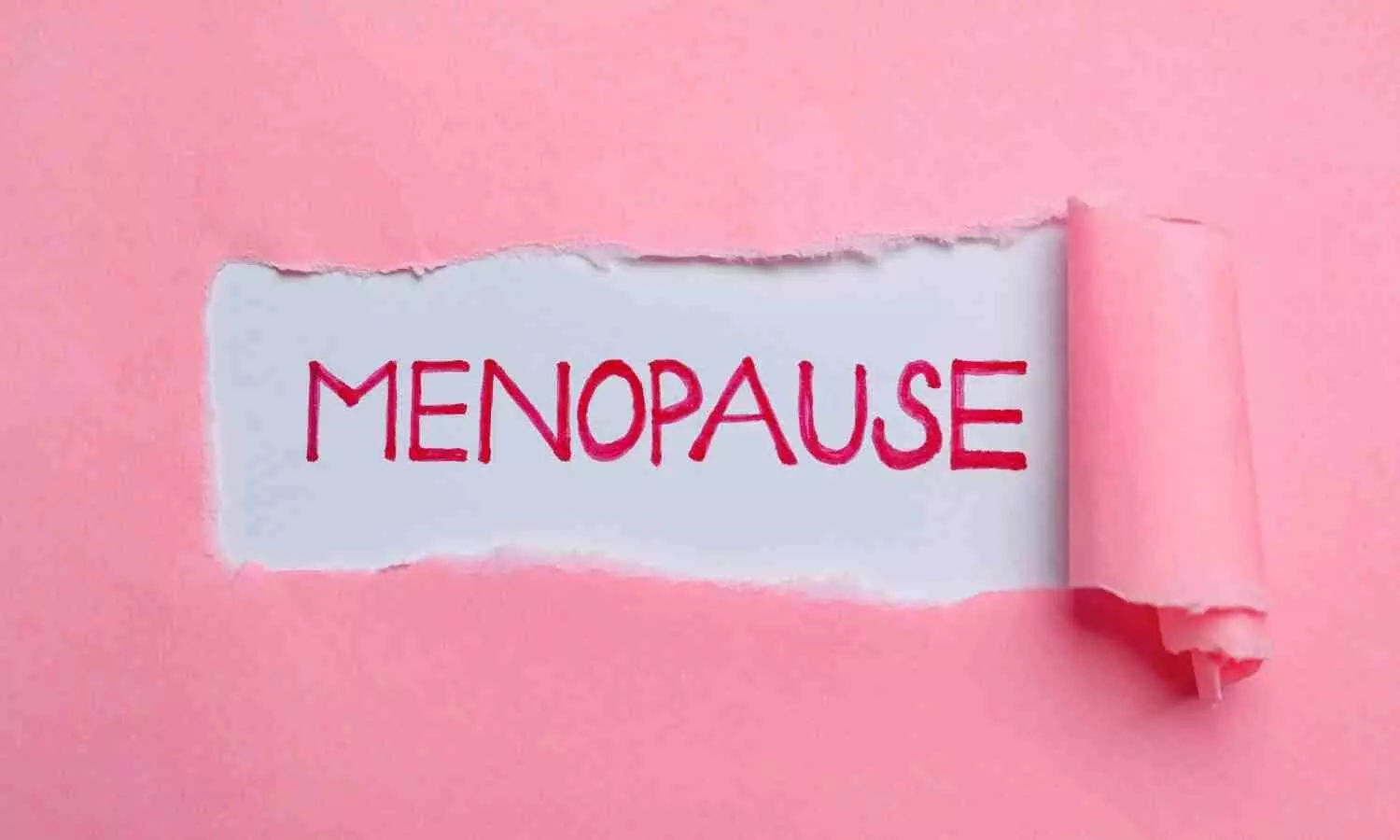Early Menopause and Hormone Therapy may Impact Lung Health: Insights from PLCO Trial Analysis

USA: A secondary analysis of data from the PLCO Trial has revealed intriguing insights into the relationship between early menopause, hormone therapy, and lung health outcomes. Published in the BMJ journal Thorax, the study underscores the potential impact of hormonal factors on respiratory health, adding a new dimension to understanding lung disease risks.
The researchers suggest that smoking with early natural menopause (early-M; <45 years of age) should be targeted for smoking cessation and lung cancer (LC) screening, irrespective of menopause type. The users of menopausal hormone therapy (MHT) had a lower likelihood of dying from lung cancer and respiratory diseases in ever smokers.
“Early menopause due to bilateral oophorectomy was associated with an increased risk of respiratory mortality,” the researchers reported. “That increased risk was observed both in ever smokers (HR 1.98) and never smokers (HR 1.91).”
Early natural menopause raises the risk of lung morbidities and mortalities in smokers. However, it is not known whether early-M due to surgery demonstrates similar effects and whether MHT protects against lung diseases. To fill this knowledge gap, Xiaochun Gai, Department of Internal Medicine, University of New Mexico School of Medicine, Albuquerque, New Mexico, USA, and colleagues aimed to assess the associations of early natural menopause and MHT with lung morbidities and mortalities using the prospective Prostate, Lung, Colorectal, and Ovarian (PLCO) trial.
For this purpose, the research team estimated the risk among 69,706 postmenopausal women in the PLCO trial, stratified by menopausal types and smoking status.
The study revealed the following findings:
- Early M was associated with an increased risk of most lung disease and mortality outcomes in ever smokers with the highest risk seen for respiratory mortality (HR 1.98) in those with bilateral oophorectomy (BO).
- Early-M was positively associated with chronic bronchitis, and all-cause, non-cancer, and respiratory mortality in non-smokers with natural menopause or BO, with the highest risk seen for BO— respiratory mortality (HR 1.91).
- Ever MHT was associated with reduced all-cause, non-cancer, and cardiovascular mortality across menopause types irrespective of smoking status and was additionally associated with reduced risk of lung cancer, non-ovarian cancer, and respiratory mortality in ever smokers.
- Among smokers, ever MHT use was associated with a reduction in HR for all-cause, non-cancer, and cardiovascular mortality in a duration-dependent manner.
As the scientific community continues to unravel the complex interplay between menopause, hormone therapy, and overall health, insights from studies like this underscore the importance of personalized healthcare approaches tailored to women’s unique hormonal profiles and medical histories. This research opens avenues for future investigations into optimizing respiratory health strategies for women transitioning through menopause.
Reference:
Gai X, Feng Y, Flores TM, et alEarly menopause and hormone therapy as determinants for lung health outcomes: a secondary analysis using the PLCO trialThorax Published Online First: 13 June 2024. doi: 10.1136/thorax-2023-220956



